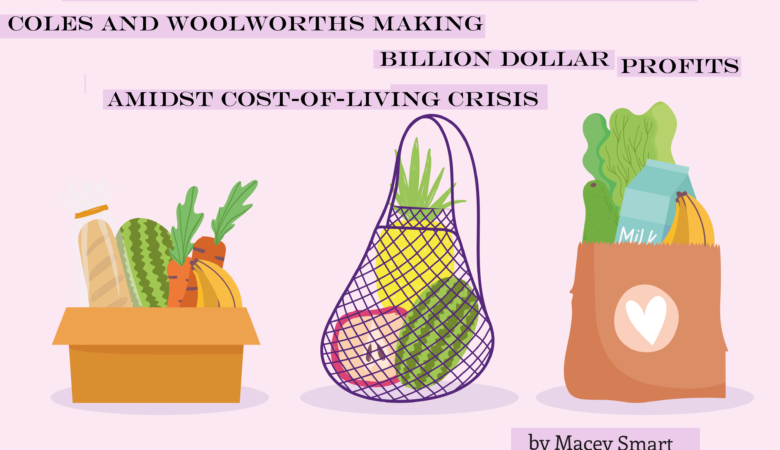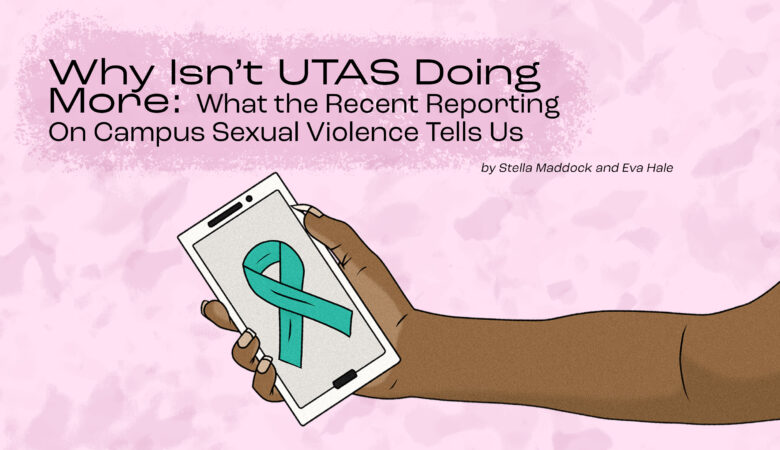CW: Discussing mental health, depression, and suicide.
In a few short weeks, on 12 July, Hobart local Ben Hirst is set to embark on a ‘Double Everest’—running twice the height of Mount Everest, a total of 17,698 m. This challenge will take place from 12-19 July and will involve running up and down the slopes of kunanyi/Mount Wellington, starting from The Fern Tree Tavern and covering a distance of 66 km per day. All of this is set to happen during the coldest time of the year.
Hirst is no stranger to a physical challenge; as an ultra-marathon runner and mental health advocate, Hirst combined his passions in 2016, founding the organisation Run for Mental Health. With this, he began embarking on daring physical challenges to gain the attention of the public and start conversations surrounding mental health.
Previous challenges undertaken by Run for Mental Health include the first in 2016, where Hirst ran 320 km from Burnie to Hobart—a journey that he successfully completed in just three days. In the second Run for Mental Health Challenge, in 2018, Ben ran on a treadmill for 48 hours, running a total of 272 km. In 2019, his most recent challenge ‘Laps for Lads’ spanned over seven days. This challenge saw Hirst complete 2348 laps of the Guilford Young College oval; a lap for each man that lost their life to suicide in Australia in 2017.
“The challenges have allowed me an opportunity to reach a wider audience and encourage others to open up and start having honest conversations with those around them about mental health,” Hirst says. Whilst proud of his past efforts, this challenge appears to have a different feeling of excitement and anticipation about it. “This elevation challenge holds a special meaning for me. It symbolises the daunting struggles that individuals facing poor mental health often endure, where even the simplest tasks can feel like climbing the tallest mountain,” Hirst says.
Suicidal thoughts and ideations aren’t uncommon—a report by Headspace shows that between 22 per cent and 38 per cent of adolescents have thought about suicide at some point in their lives. Changes in mental health for young people are often linked to life stressors. Study, work, and financial stress as well as experiencing challenges with family and peer-based relationships can all impact negatively on our mental health.
Hirst has been an ambassador for SPEAK UP! Stay ChatTY since 2016 and, as he has done in the past, he will be partnering up with the local mental health and suicide prevention charity on this challenge. SPEAK UP! Stay ChatTY is a Tasmanian charity that provides essential services in the community to raise awareness about mental health and suicide—spreading the message that it’s okay to acknowledge when you’re struggling, where to access help, and ways that we can connect with our community in a more meaningful way. Fittingly, the run is set to finish on what will be the 10th anniversary of the founding of SPEAK UP! Stay ChatTY.
With winter well and truly upon us, it is important to bring attention to the prevalence of Seasonal Affective Disorder (SAD), a type of depression that usually occurs in autumn and winter and becomes dormant in spring and summer.
Symptoms of SAD to look out for include:
- Lack of energy and feeling tired all the time
- Sleeping too much
- Finding it hard to wake up in the morning
- Losing interest in activities you used to enjoy
Getting outside as much as possible and getting regular exercise can help lift your mood and combat the symptoms of SAD.
The stigma associated with depression and suicide means that it can be difficult to talk about, leading individuals experiencing suicidal ideation to remain silent about their struggles. Challenges such as this Double Everest by Ben help to break down the stigma and cultivate awareness—starting conversations and urging those experiencing mental health issues to seek support. No matter how dark you believe the outlook to be, you don’t have to climb the mountain alone.
Money raised in the lead-up to, and throughout Hirst’s Double Everest challenge will go towards funding future programs and initiatives that promote mental health and suicide prevention in Tasmania. Members of the public are invited to come out and show support for Hirst over the 7 days of the challenge, as he embarks on arguably the most impressive Run for Mental Health challenge yet. If you’d like to donate, get involved, or simply follow along with Hirst’s journey, his social media can be found below:
Instagram: @run_for_mental_health_
Facebook: Run for Mental Health
If you or someone you know is struggling with depression or suicidal thoughts, please contact Lifeline on 13 11 14, Beyond Blue on 1300 224 636. In cases of emergency, call 000.
References
Beyond Blue. Feeling SAD (seasonal affective disorder), 2022, <https://www.beyondblue.org.au/personal-best/pillar/feeling-sad-seasonal-affective-disorder>
Headspace, MythBuster: Suicidal Ideation, 2009, <https://headspace.org.au/assets/download-cards/suicidal-ideation-mythbusterv2.pdf>
Mental Health, Alcohol and Drug Directorate. Compassion and Connection: Tasmanian Suicide Prevention Strategy 2023-2027. Tasmania, November 2022.
SPEAK UP! Stay ChatTY. Relationships Australia, 2023, <https://staychatty.com.au/>








